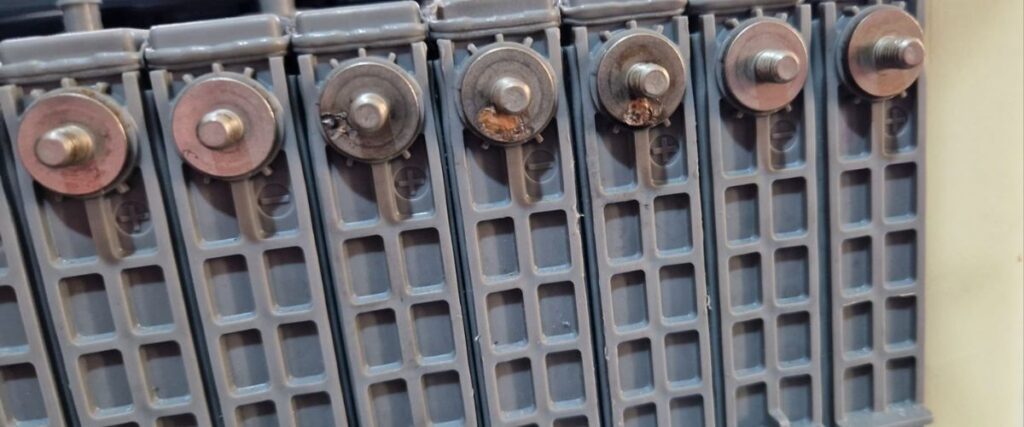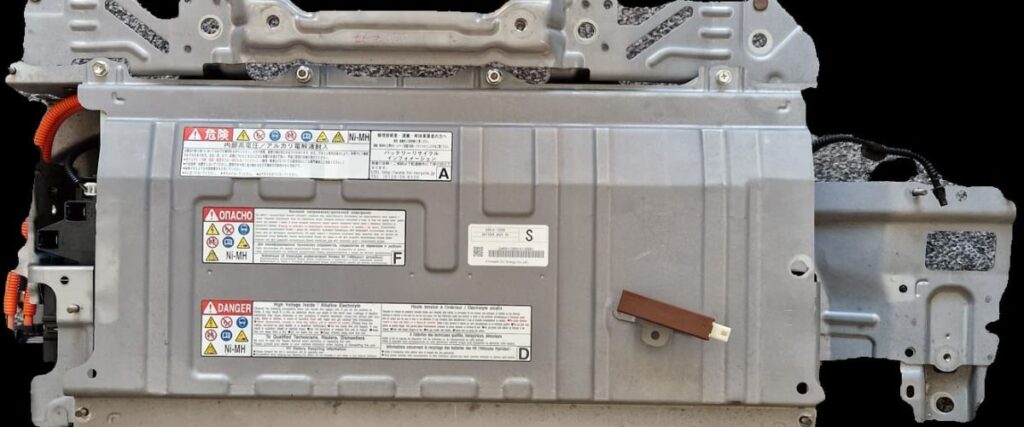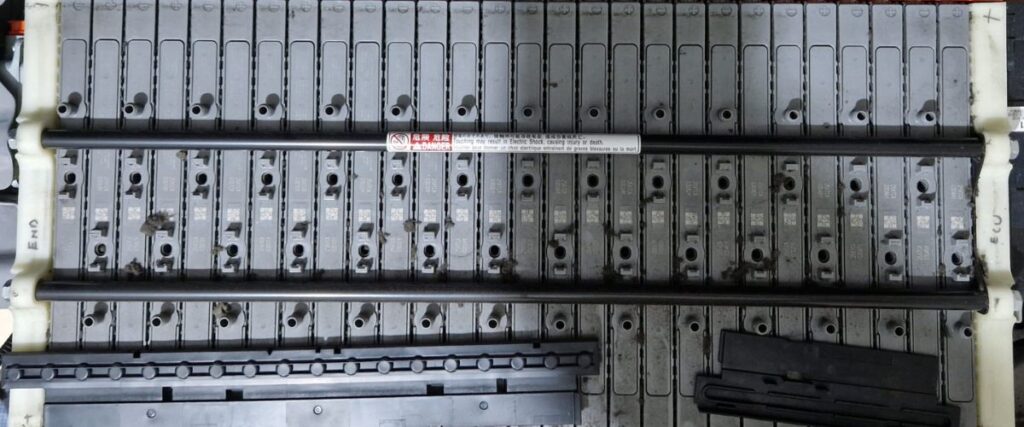
When it comes to hybrid vehicles, the Toyota Prius has been a pioneer in the industry ever since it was first introduced, and the hybrid battery is an essential component of its performance. We will go into the technicalities of the hybrid batteries that are used in the Toyota Prius for Generation 2, 3, and 4 models in this post. We will investigate their technology, typical problems, maintenance advice, and the various alternatives for repair or replacement.
Overview of Toyota Prius Hybrid System
Before we go into the Toyota Prius Hybrid Batteries themselves, let’s take a moment to talk about the operation of the hybrid system that is included in the Toyota Prius. Due to the fact that the Prius is equipped with a series-parallel hybrid system, it is capable of functioning in either an electric-only mode, a gas-only mode, or a combination of the two modes. A gasoline engine, an electric motor, a battery pack, and a power control unit (PCU) are the components that make up the system. The PCU is responsible for managing the flow of energy between the various components.
Generation 2 (2004-2009) Toyota Prius Hybrid Battery
When the second generation of the Toyota Prius was released in 2004, it had a battery pack that was composed of nickel-metal hydride (NiMH). 168 cells were contained within this battery pack, which was made up of 28 modules, each of which contained six cells with a voltage of 1.2 volts. A capacity of approximately 6.5 ampere-hours (Ah) was associated with the battery pack, which had a nominal voltage of 201.6 volts.
The degradation of individual cells over time is a concern that frequently arises with the hybrid battery that is used in the Generation 2 Prius. This degradation ultimately results in a reduction in the overall performance and efficiency of the battery. Another problem is that there is a possibility that the battery will overheat, which can result in damage to the cells and, in the most severe circumstances, the failure of the battery.
Generation 3 (2010-2015) Toyota Prius Hybrid Battery
Additionally, a NiMH battery pack was used in the Generation 3 Toyota Prius hybrid battery, which was released in 2010. On the other hand, Toyota added a number of enhancements to the battery system, such as decreasing the number of modules from 28 to 14, while simultaneously raising the number of cells that are contained within each module to 8, resulting in a total of 168 cells. The battery system’s overall performance and reliability were both considerably enhanced as a result of this design.
One of the most significant characteristics of the hybrid battery that’s included in the third generation of the Prius is its capacity to function at higher temperatures without seeing a decrease in performance. More effective temperature management and cell chemistry were the means by which this improvement was accomplished.
Generation 4 (2016-Present) Toyota Prius Hybrid Battery
In terms of battery technology, the Generation 4 Toyota Prius, which was released in 2016, represented a considerable change from the previous models of the Prius. For the Generation 4 Prius, Toyota developed a new lithium-ion (Li-ion) battery pack. This battery pack is intended to replace the NiMH battery that was used in earlier models of the Prius.
In comparison to the NiMH battery, the Li-ion battery pack that is included in the Generation 4 Prius is not only more compact and lighter, but it also provides a higher intensity of energy. Consequently, this results in an increase in the vehicle’s overall performance as well as its fuel efficiency. Li-ion batteries, on the other hand, are more sensitive to temperature extremes and necessitate the use of thermal management systems that are more advanced.
Common Issues and Maintenance Tips
Even though they have made significant breakthroughs, hybrid batteries for the Toyota Prius are not immune to problems. An issue that frequently arises is the gradual loss of capacity over time, which can lead to a reduction in both the fuel efficiency and overall performance of the vehicle. By performing routine maintenance on the battery, such as ensuring that it is kept at a cool temperature and preventing deep discharges, the battery’s lifespan can be extended.
In the event that you do experience problems with the battery of your Prius hybrid, you have a number of alternatives accessible to you for either repairing or replacing it. In order to establish the state of your battery and provide you with recommendations regarding the most appropriate course of action, authorised service centres and Toyota dealerships are able to run diagnostic tests. In some cases, replacing individual cells or modules can restore the battery’s performance, while in other cases, a complete battery replacement may be necessary.
The Toyota Prius has been a leader in the development of hybrid vehicle technology, and the hybrid batteries that it utilises have been an essential component in the vehicle’s immense popularity. You will be able to make more educated decisions regarding maintenance and repairs if you have a thorough understanding of the hybrid battery system that is installed in your Prius, regardless of whether it is a Generation 2, 3, or 4 model. You can ensure that your Prius will continue to provide performances that are both efficient and reliable for many years to come by adhering to the maintenance guidelines that are provided in this article and obtaining the assistance of a professional when necessary.

